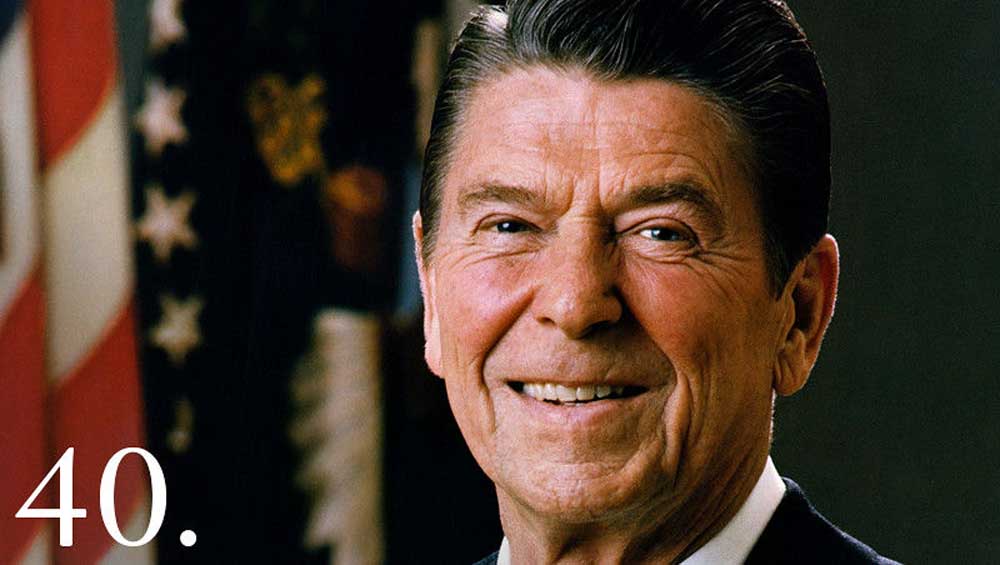Editorial: Here’s a real fright: excessive government involvement
Published 4:00 pm Saturday, October 29, 2016

- Ronald Reagan was a staunch conservative -- or more properly, a "classical liberal." Photo: Whitehouse.gov.
If you’re looking for a fright on this Halloween, look no further: As Ronald Reagan once said, “The nine most terrifying words in the English language are, ‘I’m from the government, and I’m here to help.’”
The scary fact is that too often, the government steps in and makes a problem worse. That’s not just the U.S. federal government; it’s a fact of every nation.
We’re not saying government has no role, of course. Not even the strictest libertarians make that mistake. But the role of government has grown, and when it takes on projects for which it was never designed, it stumbles – and often badly.
Let’s take just one example. When prices rise, consumers worry. The often-mumbles phrase “someone ought to do something” reaches the ears of those in power, and they feel compelled to act. The result is often price controls.
That’s not a new governmental response.
“In 301 AD, the Roman emperor Diocletian imposed price controls on most commodities and professions in the empire,” the Cato Institute’s Michael Tanner explains. “The penalty for raising prices was death. Yet the controls failed utterly, leading to shortages, more inflation and the near collapse of the imperial economy.”
That’s how it works.
“Most people think of prices and costs as the same thing, but from an economic perspective, they aren’t,” Tanner points out. “Prices are what people pay to receive a good or service.”
When the government steps in, it can create a gap between price and cost. When the price of something (set by government mandate) is lower than the cost to produce it, then production stops. Shortages follow. Hoarding takes place, and a black market is born. If it’s something people really need, and they can’t get it elsewhere, they’ll pay black market prices. If it’s not something they absolutely need, they’ll do without because they have to.
A few years ago, Hurricane Sandy hit the East Coast. Government-mandated price controls made the suffering worse.
The state of New Jersey tried to prevent “price gouging” by limiting prices on supplies.
“Despite the intentions of New Jersey legislators, laws intended to prevent so-called price gouging do more harm than good,” the Heritage Foundation explains. “Imposing price ceilings on scarce goods punishes those whom it is intended to help: the victims of natural disasters such as Sandy. Laws against price gouging further diminish the supply of scarce goods. Disasters lead to a natural increase in the price of goods as their supplies shrink. This natural price increase encourages consumers to economize in their purchase of goods and thereby leave more for those who value these goods most.”
Higher prices, caused by shortages, encourage more people to bring their products to that market. Fuel wholesalers will flock to areas where they can get more for their fuel. As scarcity is alleviated, prices come down.
In other words, markets find their natural equilibrium. We see the same dynamic with health care costs, as well.
In these cases, government isn’t fixing the problem. Government is the problem, to quote Reagan again.






